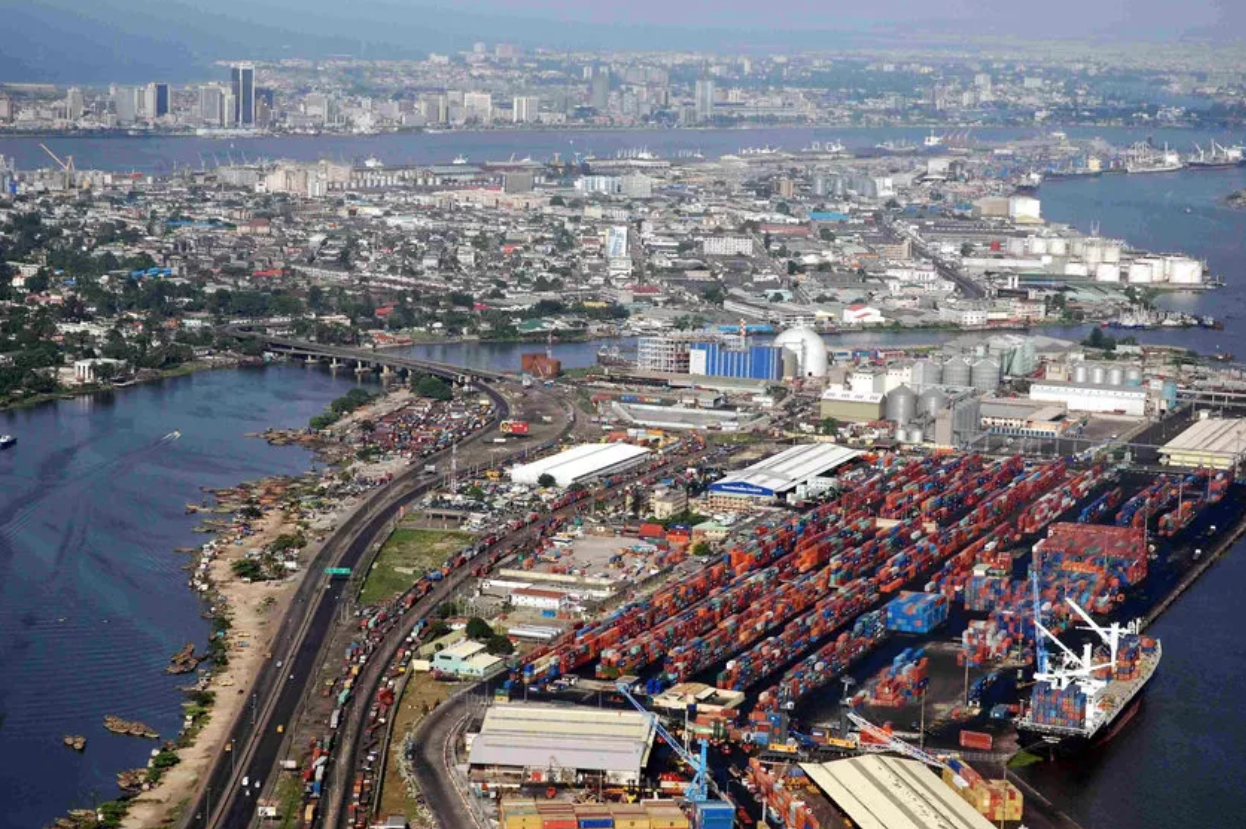Blog |
Sustainable Ports Partnership for Coastal Resilience
The SPP focuses on building coastal resilience in collaboration with the PMAWCA.
Sustainable Ports Partnership for Coastal Resilience
We are excited to launch the Sustainable Ports Partnership (SPP), an innovative approach for West and Central African ports to find common ground, share knowledge, and identify mutually beneficial solutions addressing environmental and social issues in port development and operations. Under the partnership, coastal communities, regional institutions, and global partners will bring expertise and know-how to improve ports’ environmental and social performance.
Developed under the umbrella of the West Africa Coastal Areas Management Program (WACA), the SPP focuses on building coastal resilience in collaboration with the Port Management Association of West and Central Africa (PMAWCA), representing public port authorities in 19 countries. Through it, ports will benchmark their own performance and collaborate in improving targeted performance areas
We believe that this partnership will bring change: it will inform dialogue between ports and their respective national governments and garner further support for sustainable operations in West African ports. Participation and commitment to the SPP’s objectives are voluntary and self-led, allowing partners to shape the targets based on their own needs and challenges.
A unique, participatory approach
While integrating efforts the PMAWCA already has underway, the partnership brings several unique aspects. It uses a participatory approach to define environmental and social concerns and the best approaches to solve them. In the future, it intends to bring the voices and enable the participation of all relevant actors: port authorities as well as vulnerable groups impacted by ports’ operations, the private industry, and decision-makers.
To be practical, the SPP will be implemented gradually and build upon each step to ensure that the partnership is grounded on the contributions of all actors. Furthermore, it will integrate a sustainable financing framework that can be integrated into long-term planning to make the implementation of global best practices affordable.
The SPP will connect regional partners and global expertise and bring this combination to bear on the task of improving port sustainability. Regional collaboration with strong knowledge partners such as Marine Technology Cooperation center (MTCC) Africa and Africa’s ports community will build the foundation for an innovative south-to-south approach to address the shared environmental and social issues. A key partner in the implementation of the SPP is the Ports Environmental Network – Africa (PENAf) with expertise in sustainability and well-established connections with ports in West and Central Africa which will help to solidify the regional integration of the partnership. Bringing global expertise to the table such as EcoPorts or Green Marine will allow best practices to be integrated into the design and framework of the partnership.
We look forward to getting the partnership underway. The World Bank will collaborate with all partners to identify priorities areas and bring in the expertise needed to enhance the sustainability of West Africa’s ports.
Developing the partnership
We envision a five-step process for the development and implementation of this partnership.
The first step already began on April 29, 2021, with a workshop that brought 96 port representatives and environmental specialists together to identify the most pressing issues for West and Central African ports. During that event, the participants defined the priority social and environmental areas of concern, including policies governing ports’ interaction with neighboring communities, fishing ports and others, and assessed climate change impacts.
Over the coming six months, port stakeholders will continue to participate in working groups to further develop benchmarks and options for how to tackle the identified areas of concern and what should be the working structure of the partnership. By early 2022, participating ports will agree on the SPP Charter and formally approve it. Following the formal approval of the Charter, working groups will collect baseline evaluations of the areas of concern.
Based on the recommendations of the working groups, a performance rating scale will be put in place. The lessons learned in the World Ports Sustainability Program, the European EcoPorts, and the North American Green Marine programs will be taken into account to bring global best practices for each sustainability and development challenge. This will give participating ports a scale against which to benchmark themselves as well as concrete means to plan for improvements. Ports will self-assess their own score on each agreed upon criteria and outline the steps needed to improve that score. A third-party verification scheme will be implemented to ensure accountability and fair process. The final step in the partnership will be to seek options for self-sustenance in the long-term.
Ports can engage actively in WACA at country level by contacting the national Project Implementation Unit Coordinator, or by engaging the World Bank team. . Using WACA’s framework will give the SPP the backing of existing institutions in managing policy questions that may arise at national or international levels as we start addressing pressing environmental and social issues. Working with port authorities that already have the legal power to implement specific environmental safeguards will reduce and help streamline the need for new legislation and negotiations among stakeholders.
As Harry Barnes-Dabban, the facilitator of the kick-off meeting and Executive Coordinator of PENAf stated, “common problems require shared responsibility which means we will have a shared program with shared values”.
Arlette Tchabi from the Port of Cotonou shared from her perspective by stating “I very much appreciate the initiative because it will allow those responsible for the management of environmental issues in our respective ports to get to know us better and share our experiences in terms of environmental sustainability”.
This activity was supported by PROBLUE, an umbrella multi-donor trust fund, administered by the World Bank, that supports the integrated and sustainable development of marine and coastal resources in healthy oceans.
Author

Aurelio Menendez, Practice Manager, World Bank
